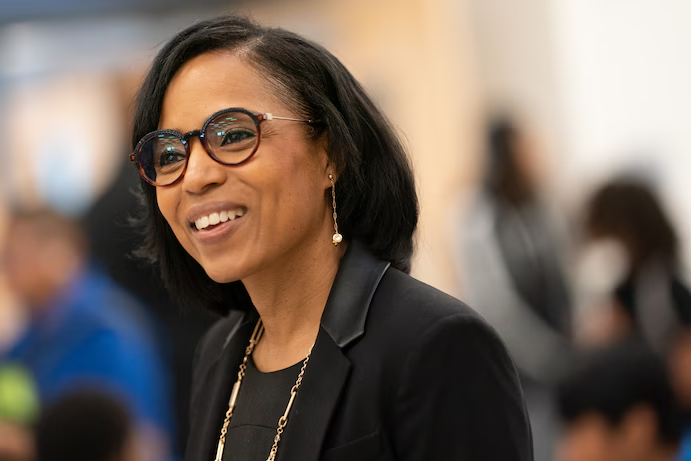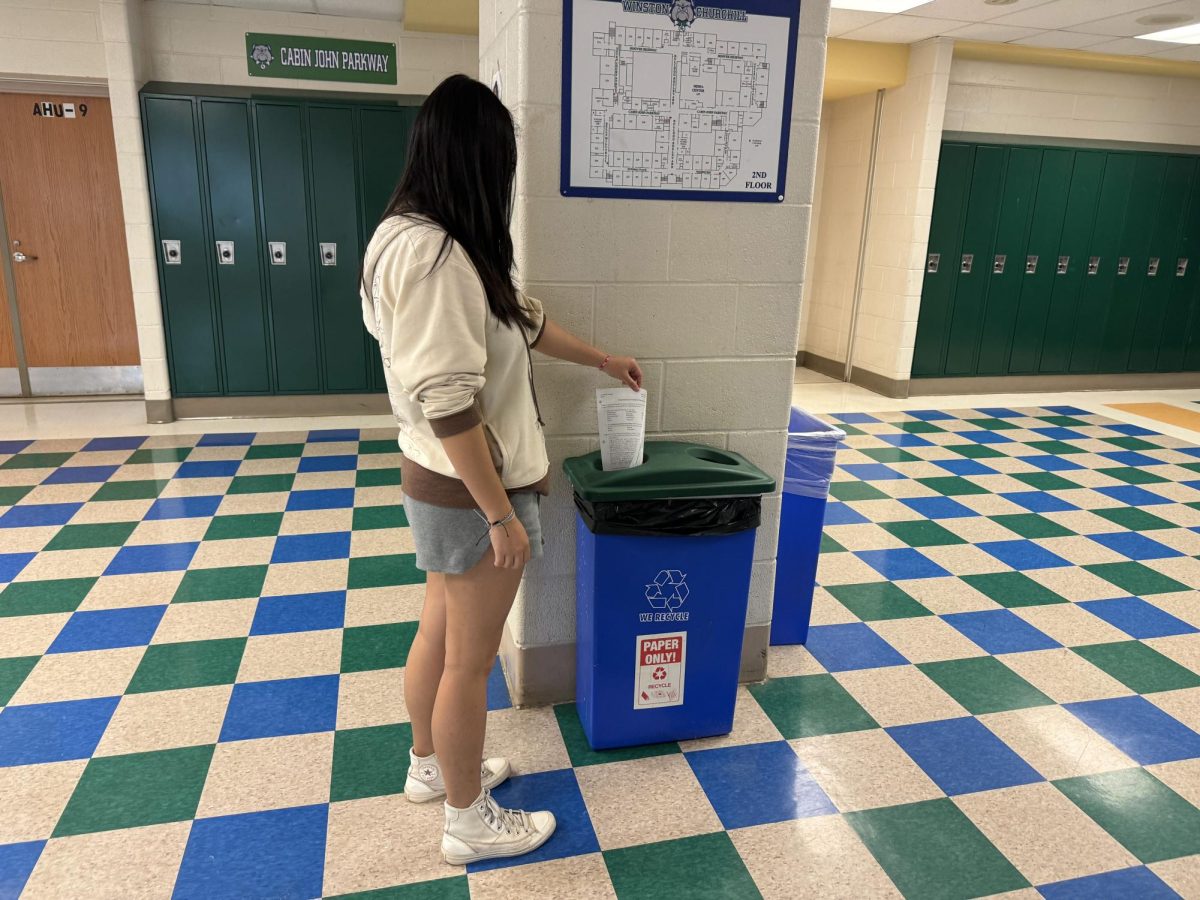According to the U.S. State Department, approximately two million women, many of whom are abducted from Nepal and Bangladesh, are forced to work as prostitutes in India. This number does not even begin to cover the amount of human trafficking happening worldwide.
“There’s so much global travel, it’s been enabled,” global issues teacher Paul Jacobson said. “Every country in the world has some of it. The more immigration, the more it eases along.”
Women are often sold into slavery at a young age, through either kidnapping or deception. Hundreds of women are brought to America under the perception that they are coming for a new job as an aupair or a nanny, but are instead sold as slaves. Some traffickers even pretend to marry the girls in fake ceremonies, and then to sell them.
According to a July 2006 Marie Claire Magazine article, often times girls must “work” until they make enough money to buy themselves back. Their “owners” often orchestrate plans to make certain this never happens by charging them for room and board. Most of the girls end up severely malnourished and are usually drugged during most of their time in the brothels.
According to Jacobson, it’s a very common practice worldwide, including America.
[When I was a kid] a neighbor of ours had a slave,” Jacobson said. “I found out years later that she couldn’t leave the house. Another neighbor saved her.”
According to an Oct. 6, 2007 Washington Post article, of the 1,500 trafficked persons counted in America last year, three out of every four was a sex slave. A quarter of these persons were under the age of 17. Three-quarters of the slaves are U.S. citizens.
According to The Examiner, around 40 victims are rescued in the Washington D.C. area each month by anti-trafficking groups like FAIR Fund.
“We have programs [where] we go into the public school system [and] teach kids about human trafficking,” FAIR Fund’s youth care manager Emily Germain said.
FAIR Fund also has a JewelGirls program in which the staff makes jewelry with at-risk youth.
The Victims of Trafficking and Violence Protection Act of 2000 promised trafficked individuals who were in the country illegally that they could stay and receive federal assistance. However, not all countries can afford programs or pass legislation.
“It happens to young people, [and] teenagers,” Jacobson said. “[For today’s world] it’s something pretty shocking.”







